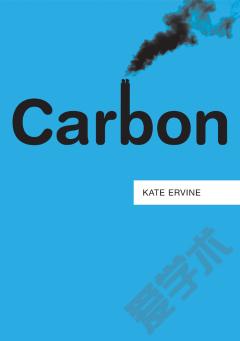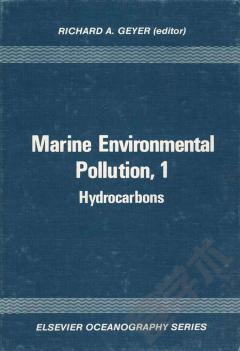Carbon
Carbon is the political challenge of our time. While critical to supporting life on Earth, too much carbon threatens to destroy life as we know it, with rising sea levels, crippling droughts, and catastrophic floods sounding the alarm on a future now upon us. How did we get here and what must be done? In this incisive book, Kate Ervine unravels carbon's distinct political economy, arguing that, to understand global warming and why it remains so difficult to address, we must go back to the origins of industrial capitalism and its swelling dependence on carbon-intensive fossil fuels – coal, oil, and natural gas – to grease the wheels of growth and profitability. Taking the reader from carbon dioxide as chemical compound abundant in nature to carbon dioxide as greenhouse gas, from the role of carbon in the rise of global capitalism to its role in reinforcing and expanding existing patterns of global inequality, and from carbon as object of environmental governance to carbon as tradable commodity, Ervine exposes emerging struggles to decarbonize our societies for what they are: battles over the very meaning of democracy and social and ecological justice.
{{comment.content}}








 京公网安备 11010802027623号
京公网安备 11010802027623号